Tech tyrant Meta goes to war with Australia
The parent company of Facebook will turn its back on millions of Australians who consume news content on the platform, after the tech giant announced it would no longer pay media outlets for the material they provide.
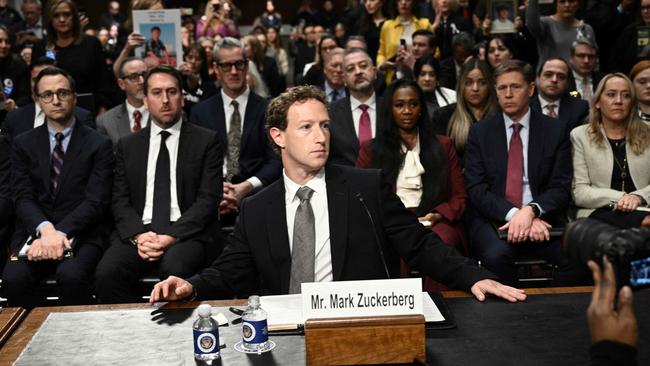
The parent company of Facebook will turn its back on millions of Australians who consume news content on the platform, after the tech giant announced it would no longer pay media outlets for the material they provide for the social media site.
Meta’s decision to walk away from the payment-for-content deals, which are worth close to $250m a year for local news publishers, will ultimately short-change Australian consumers, according to senior media figures.
Meta, owner of Facebook, announced on Friday it would not renew its existing deals to pay Australian publishers for news content that features on Facebook when those agreements, signed in 2021, expire later this year.
Anthony Albanese accused Meta of unconscionable conduct over its decision, amid warnings that the move could threaten the viability of journalism in Australia.
Meta said users would still be able to share links to news stories on Facebook. But news publishers would not receive any payment for the use of their content, and have accused the tech giant of misleading conduct.
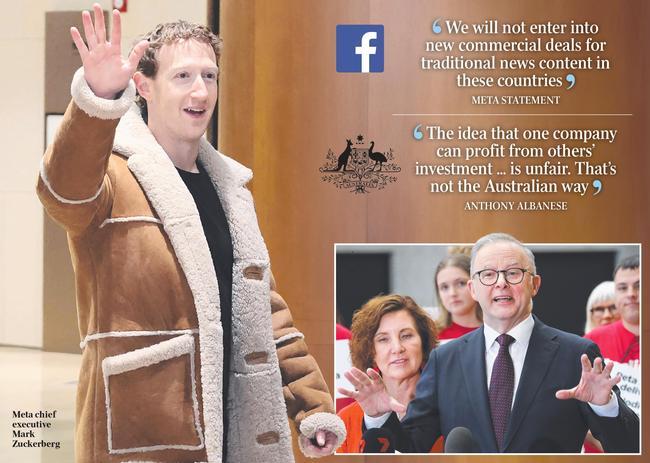
“We’re very concerned with this announcement,” Mr Albanese said. “It is absolutely critical that media is able to function and be properly funded.
“We will consider what options we have available and we will talk to the media companies as well.
“The idea that one company can profit from others’ investment – not just investment in capital but investment in people, investment in journalism – is unfair. That’s not the Australian way.”
Mr Albanese added that Meta’s plans were “simply untenable”, with the tech giant likely to be “designated” under the terms of the bargaining code, which means it will be forced to negotiate with news publishers over the issue of compensation for content, or face massive fines.
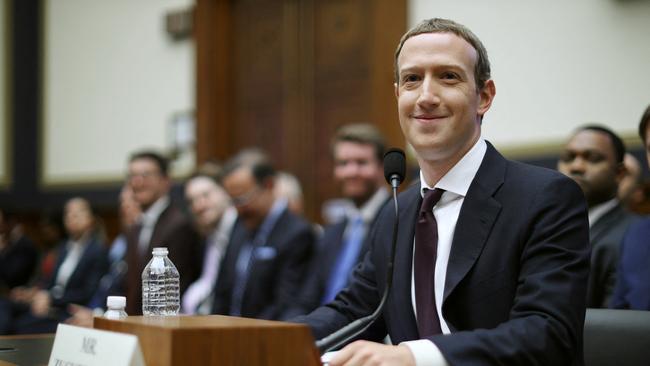
Rod Sims, a former chairman of the Australian Competition & Consumer Commission, who was pivotal in the code’s creation, said the move by Meta was selfish and arrogant. “Facebook will continue to benefit for content they are not paying for and all the profits from use of their platform go to Facebook and no one else,” he said.
News Corp Australasia executive chairman Michael Miller said: “Our social licence is being challenged … Australian stories and Australian content will be impacted, and the public are the ones who will be most disadvantaged by this decision.”
Australian Community Media managing director Tony Kendall, on Friday urged Australians to consider boycotting Facebook and called on the federal government to cease “all advertising on any of Meta’s platforms by government departments and agencies as well as individual MPs and senators”.
“And it should be urging all other Australian advertisers who care about public interest journalism’s vital role in our democracy to do the same,” Mr Kendall said.
Google also cut deals in 2021 with Australian news publishers for the use of their content but, unlike Meta, it is actively engaging with media outlets to re-negotiate existing contracts. The deals, made possible following the introduction of the Morrison government’s news media bargaining code, have been worth upwards of $250m a year to the media industry since they were struck.
The Albanese government’s handling of the Meta move will be closely watched by the opposition and the wider public, as it comes under pressure to prove its credentials in holding tech titans to account.
In February 2021, Facebook suffered an extraordinary public backlash when it stripped all news from its platform in protest at the new law forcing it to pay publishers, but eventually relented following a terse stand-off with the Coalition government.
Former treasurer Josh Frydenberg, who orchestrated the introduction of the bargaining code, told The Weekend Australian: “The billion-dollar payday for Australian journalism that we achieved with the assistance of the ACCC was a world-first. But it was not easy. When Facebook suddenly shut down thousands of sites around the country, from the local bowls club to emergency services, everyone thought we would cave in. But we didn’t. We held firm and won the day.
“Our legislation and the commercial agreements that were subsequently struck set a precedent for others to follow.”
In a joint statement on Friday, opposition Treasury spokesman Angus Taylor and communications spokesman David Coleman accused the Labor government of “ignoring the warning signs” of Meta’s likely refusal to renegotiate its deal with Australian news publishers. “When Meta made similar announcements in the UK, France and Germany in September last year, the government should have immediately taken measures to prevent this from happening in Australia. The recent experience of Canada’s negotiations with Meta were also a clear indication of its intentions.”
Mr Taylor said Labor had been caught on the back foot. “This is a world-leading competition policy, and the government needs to use it,” he said. “The warning signs were there and the government ignored them.
Assistant Treasurer Stephen Jones said Labor was committed to backing Australian journalism.
“Nobody should be under any illusions about our resolve to use the powers that are available to us (under the news media bargaining code),” Mr Jones said.
“We want to make it clear that we are backing Australian journalism … we have to ensure that (companies) who use content are paying for it. We’re not talking about some plucky little start-up; we’re talking about one of the world’s largest and most profitable companies (Meta).”
Communications Minister Michelle Rowland blasted Meta’s move, calling it a threat to Australian journalism. “It’s a decision that suits (Meta’s) own commercial interests, but is inconsistent with the government’s aim of ensuring that we have strong public-interest journalism that is properly compensated,” she said.
Mr Miller welcomed the government’s support for the media industry and accused Meta of attempting to mislead Australians.
“Meta is using its immense market power to refuse to negotiate, and the government is right to explore every option for how the media bargaining code’s powers can be used,” he said. “It is attempting to mislead Australians by saying its decision is about the closure of its news tab product. However the vast majority of news on Facebook and Meta is and will continue to be consumed outside this product.
A raft of senior media executives and politicians took aim at Meta’s decision to walk away from the pay-for-content deals.
Nine Entertainment chief executive Mike Sneesby said the move by Meta “does not recognise the significant and increasing value of Nine’s journalism, unique content and brands to its platforms”. Seven West Media managing director and chief executive James Warburton said Meta “needs to be designated”.
Greens senator Sarah Hanson-Young said the decision would be a blow to public-interest journalism. “Without professional, fact based journalism, Facebook will just be a collection of conspiracy theories, outrage and misinformation,” she said.
ABC managing director David Anderson said he was “deeply disappointed” by the decision, as it would have an impact on regional journalism.
In its statement on Friday, Meta said its decision to walk away from the deals with news publishers was prompted by “an ongoing effort to better align our investments to our products and services people value the most”.
Additional reporting: Alexi Demetriadi,
Jess Malcolm

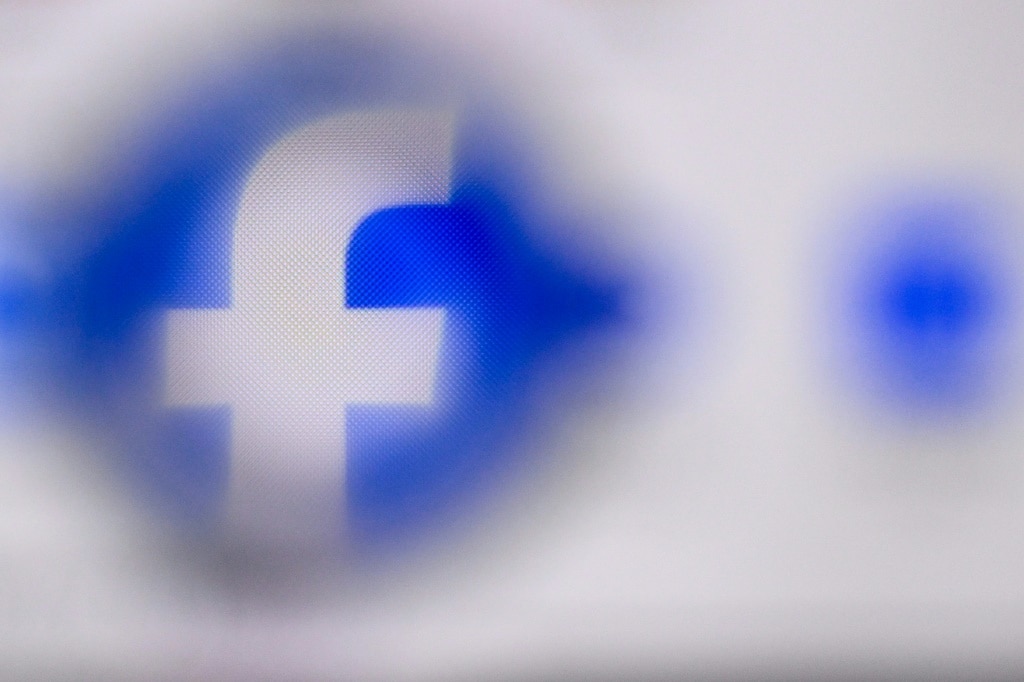

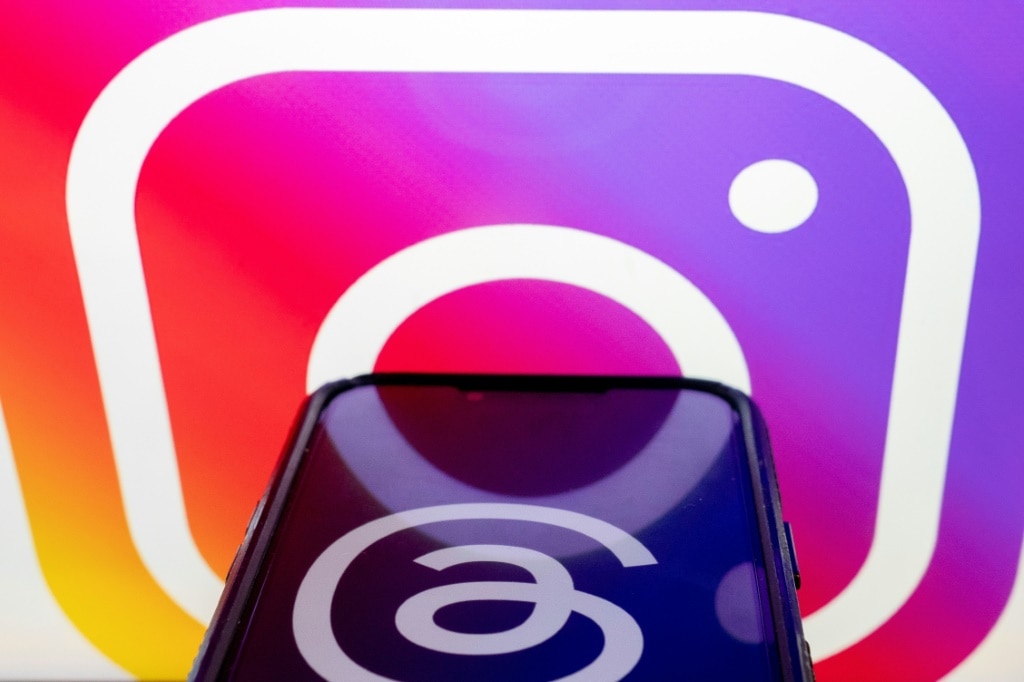



To join the conversation, please log in. Don't have an account? Register
Join the conversation, you are commenting as Logout